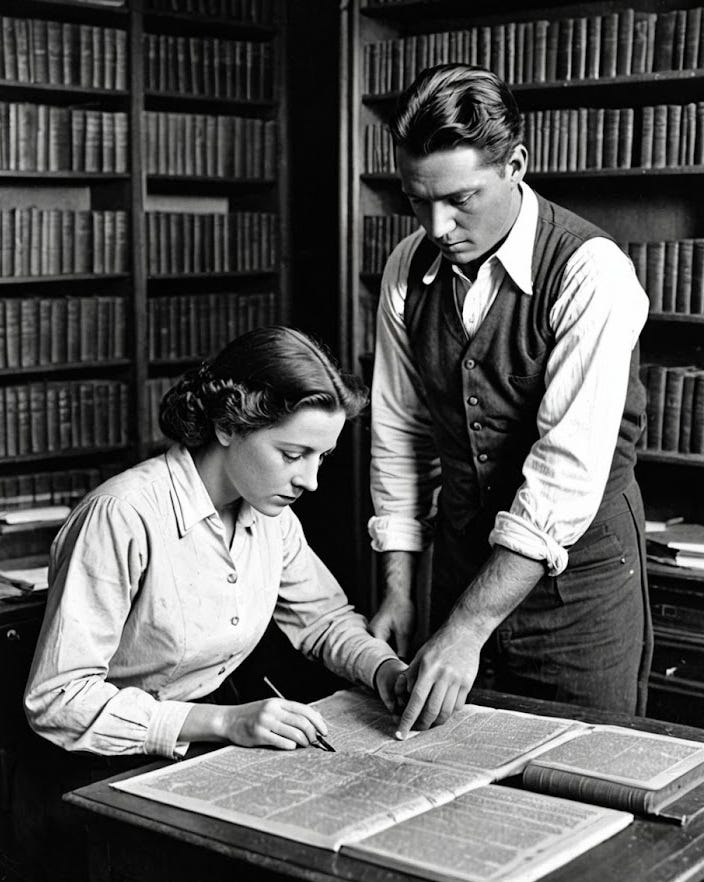As I navigated the familiar asphalt ribbon that stretched before me, the evening light began to dip, casting a warm glow on the world outside my car window. The rhythmic hum of the tires on the road was a comforting backdrop to my thoughts, a gentle reminder that soon I'd be home, shedding the weight of the day behind.
But then, something unusual caught my eye. The highway billboard ads, those static giants that usually blended into the scenery, seemed alive. The models, mid-smile, were waving—at me. Their bright eyes and infectious grins felt oddly personal, as if they knew my journey and were inviting me into their world.
I squinted at the first billboard, an advertisement for a new energy drink. The young woman with cascading brunette hair held her can up high, her outstretched hand beckoning. Next to her, a man with an exuberant grin held a sign proclaiming, “Join the adventure!” Both figures seemed to pulse with energy, their poses dynamic and engaging, almost as if they were encouraging me to break free from the monotony of my daily commute.
I chuckled at the absurdity of it all. Who were they really waving at? Surely, they were just photographs printed on vinyl, yet in that moment, they felt remarkably human. My mind drifted, imagining their stories—what brought them to that billboard? Had they, too, once been stuck in traffic, dreaming of a life beyond the confines of their frames?
As I continued down the highway, more billboards came into view. Each one seemed to join in the wave, and with it, a growing sense of camaraderie washed over me. A family promoting a local theme park, a couple advertising a new romantic getaway, a group of friends extolling the virtues of a new streaming service—all of them with their hands raised in an exaggerated wave, a silent cheer for the everyday traveler.
“Alright, I see you!” I found myself laughing, waving back at the cheerful faces plastered on the billboards, momentarily forgetting the stress of the day. It was a strange connection, this acknowledgment of the mundane, but it sparked a sense of joy within me.
In that surreal moment, the highway transformed. No longer just a route home, it became a shared experience, a collective nod to the lives we all lead, each of us trying to find our place in the world. I smiled as I drove, feeling a little lighter, a little more connected—to the billboards, to the city, and to the beautiful chaos of life itself.



